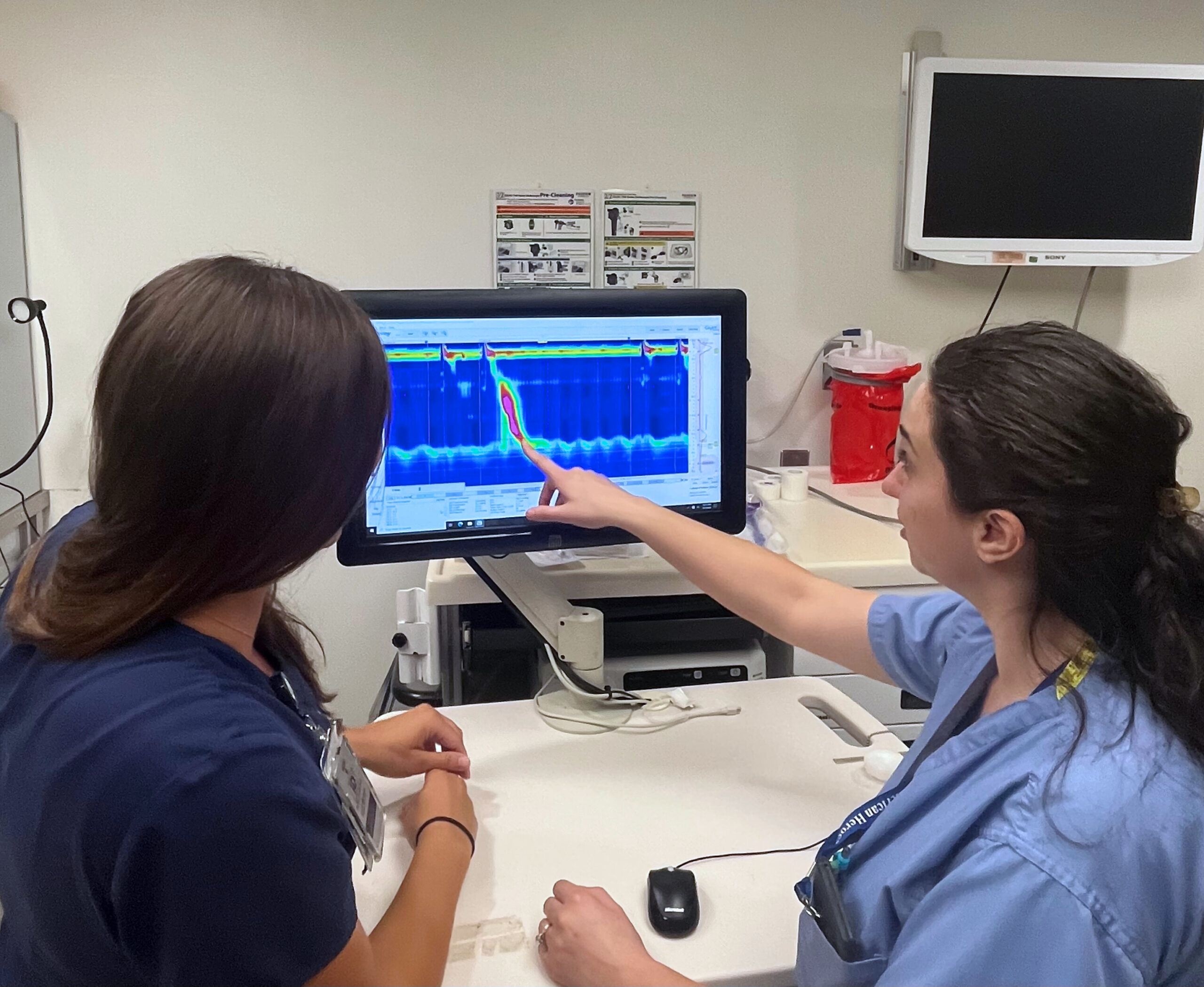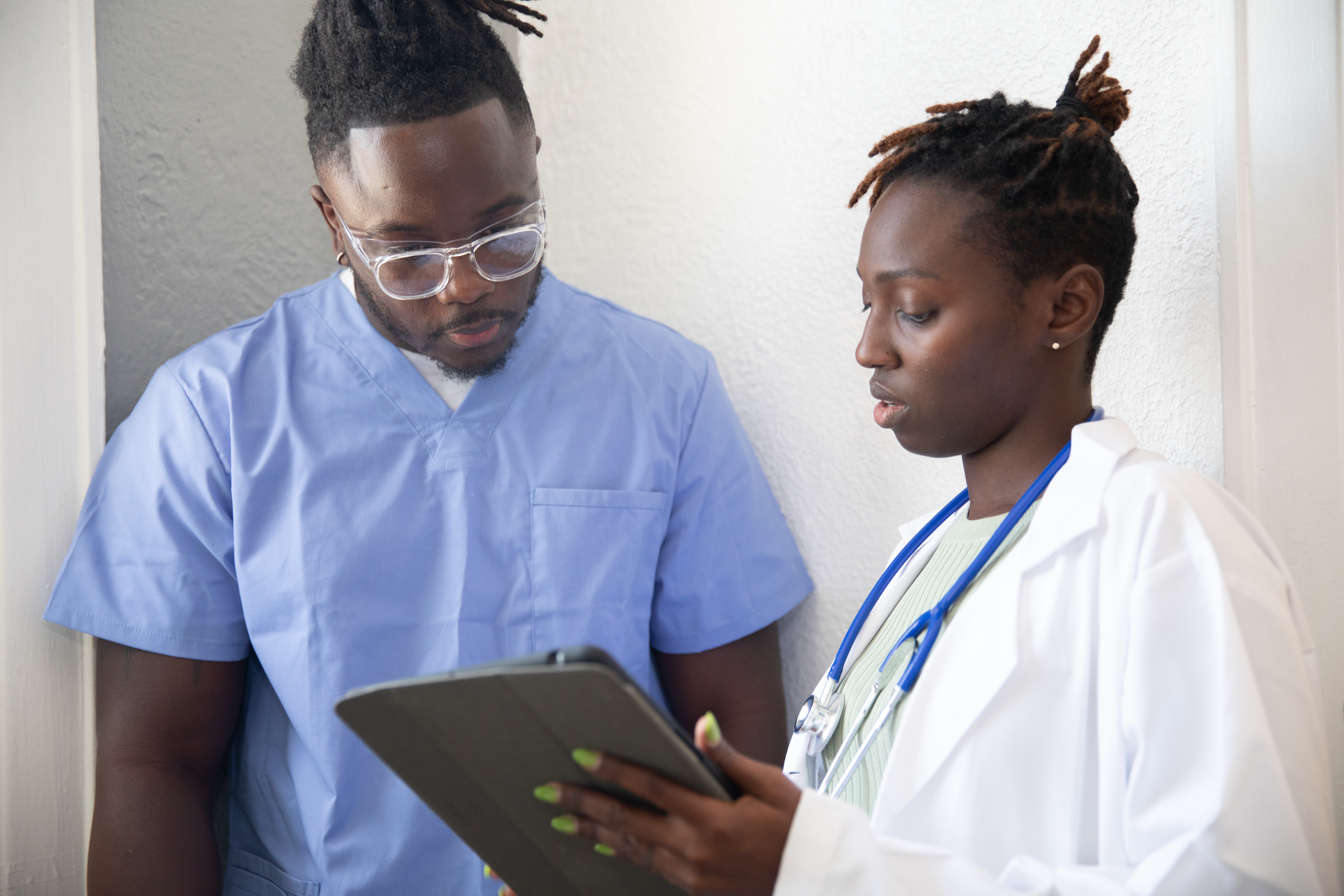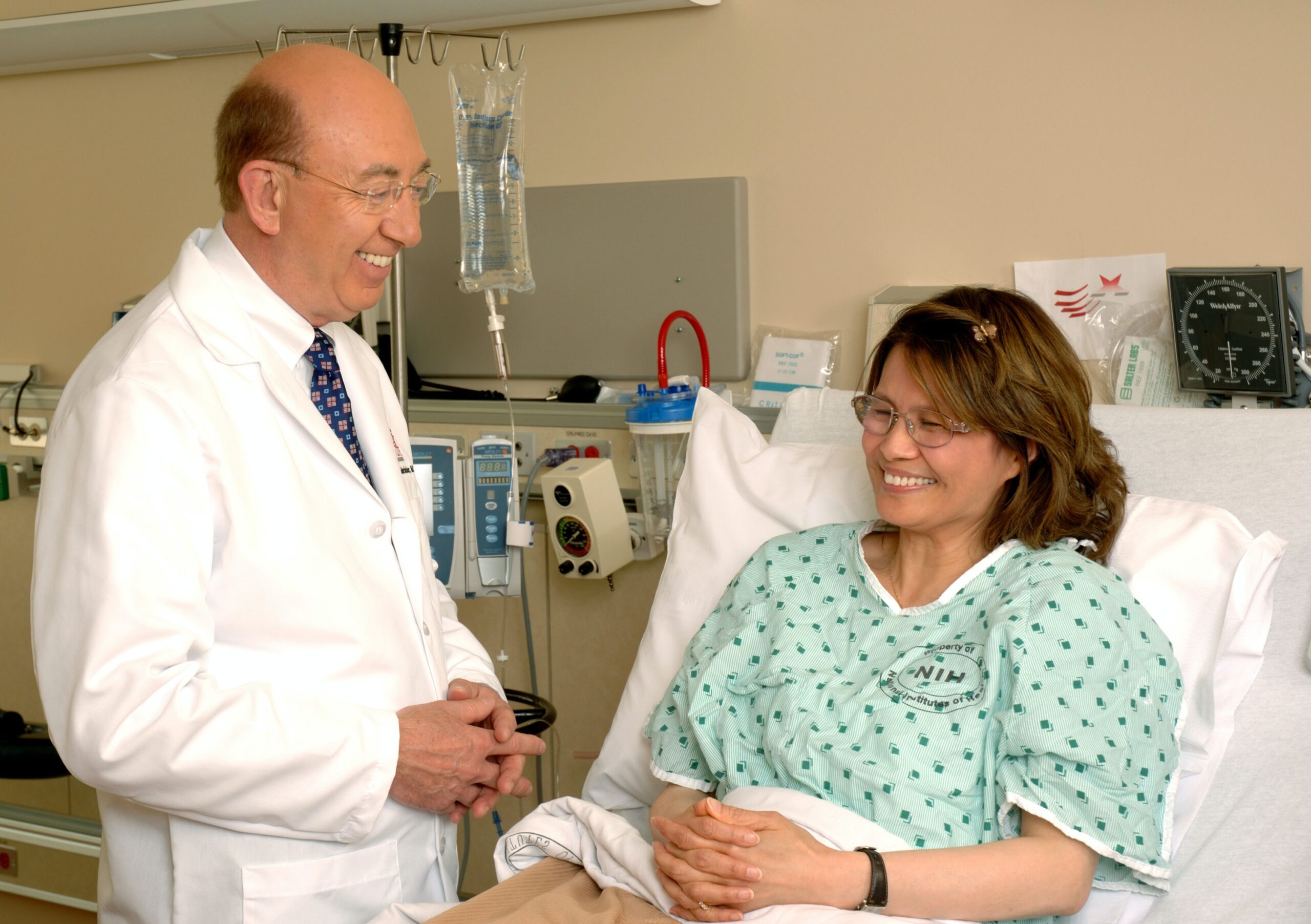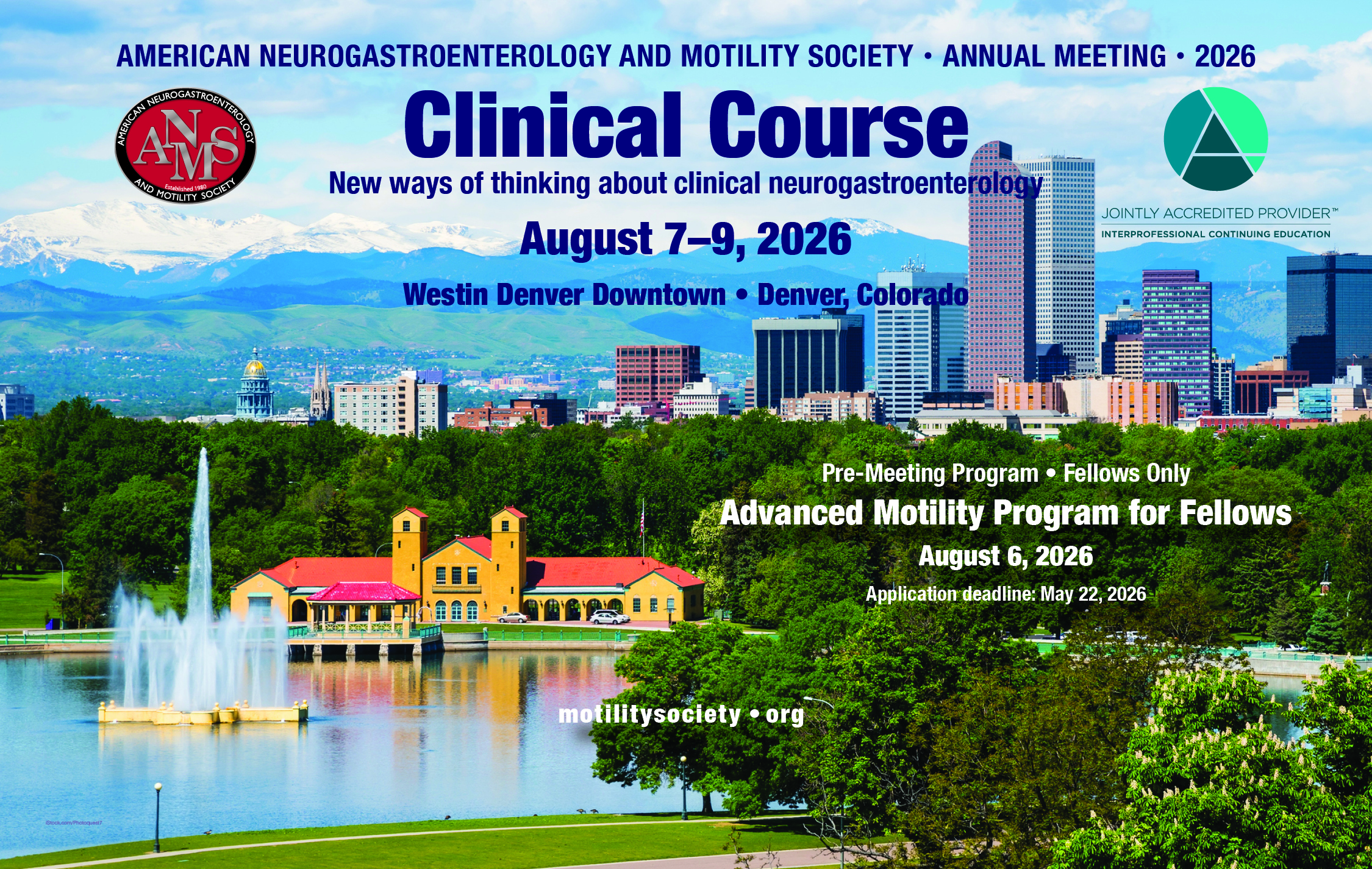Donations to our Annual Fund Drive are vital. The financial support we receive enables us to provide members with awards, resources, training, education programs, enhanced career development resources.

Our Mission
The American Neurogastroenterology and Motility Society is an organization that was established in 1980 dedicated to the study of neurogastroenterology and gastrointestinal motility and functional GI disorders.
To be the multidisciplinary society leading the field of neurogastroenterology by fostering excellence in research, education, training, and patient care.
Neurogastroenterology encompasses the study of brain, gut, and their interactions with relevance to the understanding and management of GI motility and functional GI disorders.
Become a Member
One-year subscription and online access to our official journal Neurogastroenterology and Motility and ANMS DocMatter Community
Contribute to ANMS
There are a variety of ways for you to support the growth of our mission with your charitable gift. Learn more about all of your options on our Donate page or click below to make a contribution now.

Research Opportunities
- ANMS Mini Sabbatical Program
- Faculty Development Award
- Discovery Grants Program
- Transition Award

Training and Mentoring
The American Neurogastroenterology and Motility Society (ANMS) Membership, Mentoring, Diversity and Inclusion Committee (MMDI) offers a Mentoring/Coaching Program in Neurogastroenterology and Motility to help early-stage clinicians and scientists (MDs, PhDs, or DVMs) support their research careers. Areas of interest can be tailored to include clinical, basic science or translational science research.
The objective of the program is to provide guidance to early-stage scientists with interest in the field of neurogastroenterology and motility and functional GI disorders. For young scientists, a valuable mentor may have a tremendous impact on an individual’s career and future success. Any trainee and early career members of ANMS who seek outside mentorship are encouraged to apply for a mentee position.
The ANMS Clinical Training Program in Gastrointestinal Motility and Neurogastroenterology is designed to support trainees (gastroenterology fellows) for a one-month training program from our Gastrointestinal Motility Centers of Excellence as recognized by ANMS.
The candidates selected for this clinical training program will learn the latest technologies and treatment options for gastrointestinal motility disorders under the mentorship of experts in gastrointestinal motility and functional gastrointestinal disorders.

Patient Resources
- Patient Support Groups
- Educational Brochures
- Registry of GI Motility Laboratories
- GI Motility Tests and Procedures
Fundraising
Dodds-Sarna
We would appreciate your donation to create the Dodds-Sarna Annual Gastrointestinal Motility Lecture. Few members of our specialty are more deserving of this honor than Jerry Dodds and Sushil Sarna. They spent their careers as scientists and educators and their work touched the lives of thousands of patients, scientists and physicians.




